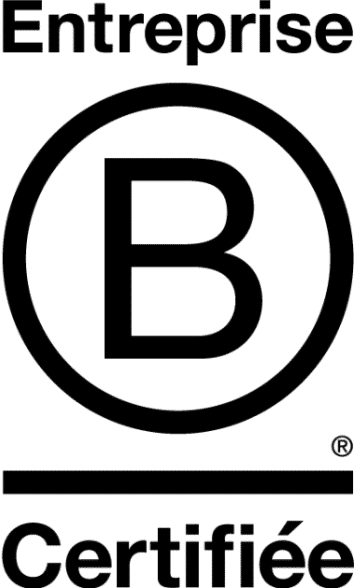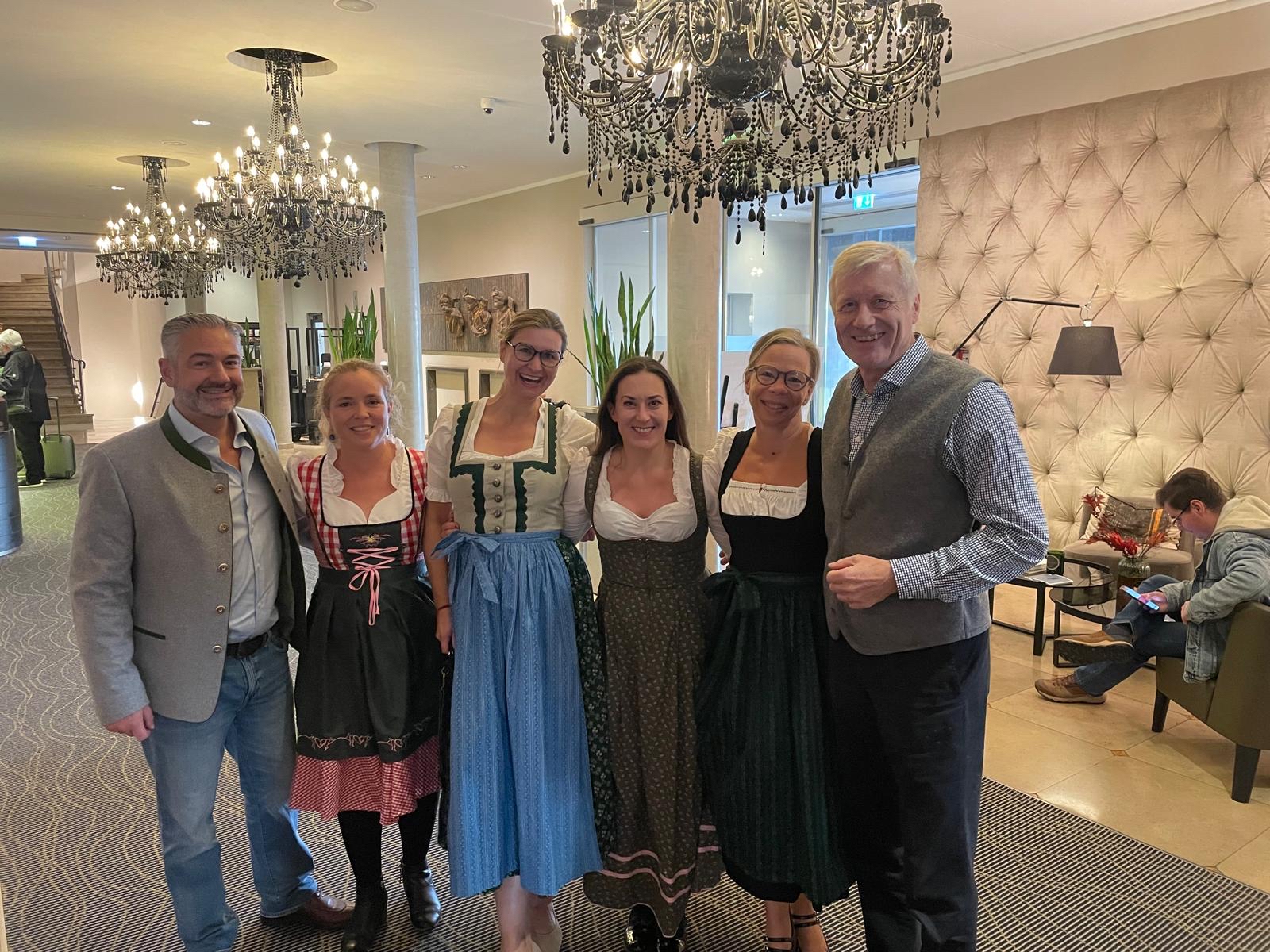Coffra group’s legal team recently had the pleasure of attending the Moore Global Legal Conference 2025 in Augsburg, Germany. This annual event brings together lawyers and professionals from across the Moore Global network to exchange insights, discuss current challenges, and explore the evolving landscape of legal services worldwide.
Our representatives — Marc Pleger, Nicola Chaudessolle, Jörg Letschert, Gabrielle Menard, Mathilde Giacomaggi and Viviane Krosse — shared their expertise in commercial and real estate law, as well as cross-border cooperation during numerous discussions with their international colleagues.
We extend our sincere thanks to our wonderful hosts at Sonntag & Partner, especially Prof. Dr. Andreas Katzer and the entire organizing team, for their flawless coordination and warm Bavarian hospitality — including an unforgettable evening at the Oktoberfest. The two-day event offered valuable discussions, new perspectives and many opportunities to further strengthen connections within the Moore Global network. We are proud to be part of such a dynamic global community and look forward to continuing this successful collaboration.
















